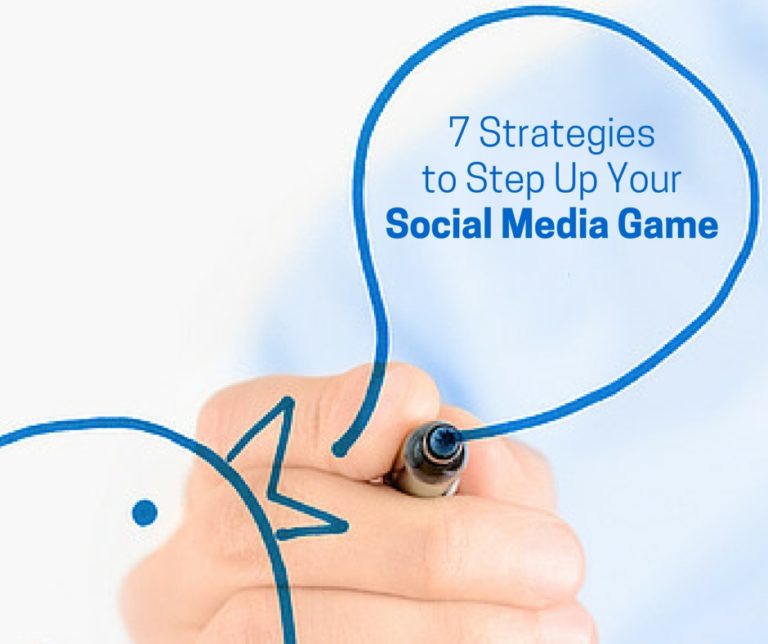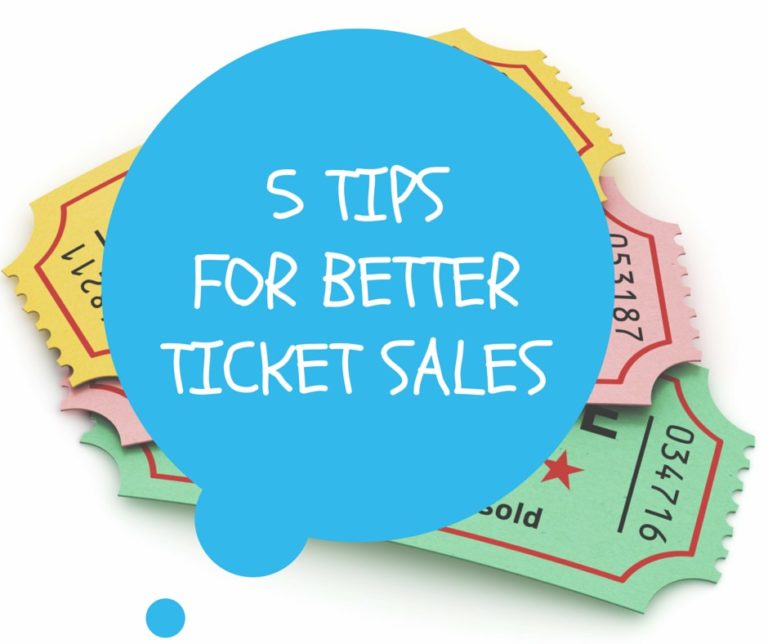Why Marketing Is Crucial to Hosting a Successful Event
Marketing not only lets people know there’s an event, it creates a buzz around it that draws in new participants. Just as real reviews help sell products, when it comes to events, people want to feel like they’re part of a wave of interest. They don’t want to miss out.
The best way to grow that wave is by getting as many people as possible to engage with your event and its brand. Called experiential marketing, your target audience is not just receiving the messages you’re sending out on your event, they are actually becoming an active participant in marketing your message. If done right, you’ll see that wave grow larger and larger as your target audience brings in more and more people to talk about and promote your event. Jumpstart the creation of your event marketing campaign with our nine easy steps.
9 Steps to Start a Successful Event Marketing Campaign
There are nine key steps to starting a successful event marketing campaign that capitalizes on the event strategy of using your target audience to help promote your event.
1. Set Smart Event Goals and a Realistic Budget
Whether it’s in person, virtual or hybrid, clearly define your event’s purpose, goals, and audience. From these, develop a catchy name, theme, slogan, and color scheme. You can then use this vision to develop your event marketing plan to ensure you’re hitting your target audience and setting the right tone for your event.
Now that you’ve got the basics outlined, it’s time to think about budget. Make a list all the ways you want to publicize your event and research their pricing. Set a timeline for when you want to start advertising and calculate how much you need to budget for each marketing method.
Don’t underestimate costs in the hopes of sticking to a smaller budget. This could leave you woefully over budget or vastly underpublicized, meaning less participants and less revenue. Instead, estimate as close to reality as possible for what you will actually need to attract the volume of participants you seek.
2. Consider Event Marketing Software
You might be a whiz with a spreadsheet, but you probably aren’t as efficient or synergistic as event marketing software. Learn how event marketing software can help you leverage the power of integrated processes and applications to check off every aspect of your marketing checklist. You might just find yourself exiting out of your spreadsheet and making marketing software your new best friend.
With event marketing software, you can easily create, implement and automate a marketing campaign to get the word out about your event. The software will help you create a website for your event, blast out promotional emails, post on social media, create advertisements, attract an audience, engage with participants and collect data on participant’s experiences, which you can use to tweak your current and future events.
3. Create a Unique Event Landing Page
Design a landing page tailored to your event. It should match your event’s feel and goals and speak to the audience you want to attract. Make it memorable and easy to navigate to your event’s purpose, location, links to register and pay, and contact information in case any issues arise.
Update your website as your event develops and regularly add new content to the landing page to draw new people to it. Save yourself time and energy and think ahead about what questions participants might have about your event and develop a frequently asked questions page for your website.
4. Leverage All Social Media Platforms
As the not so old adage goes, pics or it didn’t happen! Get on and get familiar with all social media platforms to market your event. If you are confident that your target audience mainly uses only one or two platforms, you can devote the bulk of your social media efforts to those specific platforms, but don’t shut out other platforms.
Channel your creative side and turn your event’s theme and goals into a memorable event hashtag. Post pics and stories with that hashtag and try to get influencers that your target audience admires to pick it up. Social media can quickly create a buzz and your hashtag helps lead potential attendees back to your event.
5. Plan an Email Campaign
An email marketing campaign is a highly effective way to reach your target audience and can be easy to implement. In fact, event marketing software can leverage automation to make creating, sending and tracking those emails a cinch.
Design and blast out emails with a catchy and engaging message that recipients will be likely to open. As eager as you might be, don’t overdo it since spamming people can push them to unsubscribe, which undercuts your reach.
6. Invest in Event Promotion
Diversify and dedicate funding to multiple types of event marketing. This includes email, social media, content marketing, paid advertising, public relations and media reps, getting included in event listings and directories, using influencers to draw interest, and good old word of mouth. You can calibrate your budget and time towards event marketing ideas that you think are most likely to reach your audience but cast a wide net.
Don’t get overwhelmed at the prospect of managing all these different promotional streams. Instead get the right tools to make your job easier by using event marketing software. This will automate and optimizes event promotion while connecting with your audience throughout the lifecycle of your event to help translate connections into conversions.
7. Utilize Key Event Sponsorships
Bringing in sponsors that your target audience respects gives your event instant legitimacy, increases your reach and adds new champions to leverage. Reach out to prospective sponsors to gauge their interest and don’t be afraid to cold call.
Make it easy for them to say yes by offering a range of sponsorship options. If they’re not comfortable with a capital-intensive commitment, find something with their comfort range or ask for an in-kind donation.
Remember, your objective is to get them and their logo on board in even a small way so you can add then to your event’s support posse. The more sponsors you have on board, the more you’ll be able to attract new sponsors. It may be hard to land the first few, but as word spreads others will follow.
As you add sponsors, find ways for each one to use their network to promote your event. Remember, if they’re sponsoring your event, they have a stake in your success, which makes them a captive audience you can use them to ensure your event meets its goals.
8. Track Engagement on Social Media Posts
Monitor your social media posts to see how your audience is engaging with them. If a post was a dud, don’t despair. That just means it’s time to innovate.
Learn what works and hone in on that approach. This is another area where event marketing software excels since it can automate social media tracking and produce valuable data and analysis to help you understand and capitalize on social media trends.
9. Measure Important Event Marketing Metrics and KPIs
As with social media, take stock across the board on how your audience and sponsors are reacting to your marketing campaign. Think about what metrics and key performance indicators are central to measuring the success of your event and search out ways to measure them.
Measure engagement by calculating your event’s click-through rate to see what percentage of people looking at your page actually click on something. The higher the engagement rate, the more successful you’ve been in generating interest.
Use event surveys to measure audience experience and enthusiasm by calculating your Net Promoter Score (NPS). This is a simple “how likely are you to recommend this event to friends” sort of question. High scores indicate promoters who will help build your event, mid-range scores are more passive and vulnerable to competing events, and low scores are detractors whose negative reviews can damage your event and brand.
Harness the power of data analytics by using event marketing software to boost interest and enthusiasm in your event by reinforcing promoters and quelling concerns raised by detractors.
Implement an Event Marketing Strategy Across Social Channels
Expand your event’s reach across social media channels and magnify its success by choosing event management software with embedded event marketing tools. Let Events.com help you bring your events to life with its powerful event management tools to guide you from planning to promotion and execution. Its event management software gives you a holistic view of your event’s entire life cycle and automates processes to optimize outcomes and deliver amazing events of all sizes.




